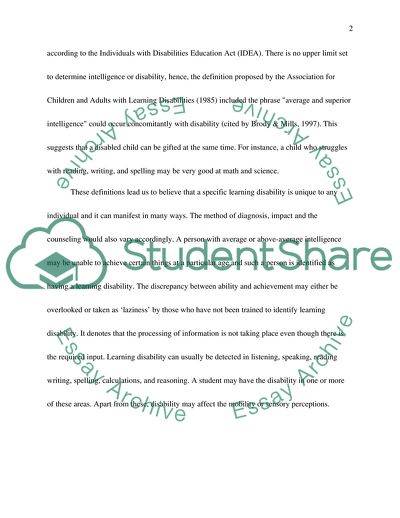Cite this document
(Counseling Students with Learning Disabilities Term Paper, n.d.)
Counseling Students with Learning Disabilities Term Paper. https://studentshare.org/psychology/1703769-counseling-students-with-learning-disabilities
Counseling Students with Learning Disabilities Term Paper. https://studentshare.org/psychology/1703769-counseling-students-with-learning-disabilities
(Counseling Students With Learning Disabilities Term Paper)
Counseling Students With Learning Disabilities Term Paper. https://studentshare.org/psychology/1703769-counseling-students-with-learning-disabilities.
Counseling Students With Learning Disabilities Term Paper. https://studentshare.org/psychology/1703769-counseling-students-with-learning-disabilities.
“Counseling Students With Learning Disabilities Term Paper”. https://studentshare.org/psychology/1703769-counseling-students-with-learning-disabilities.


